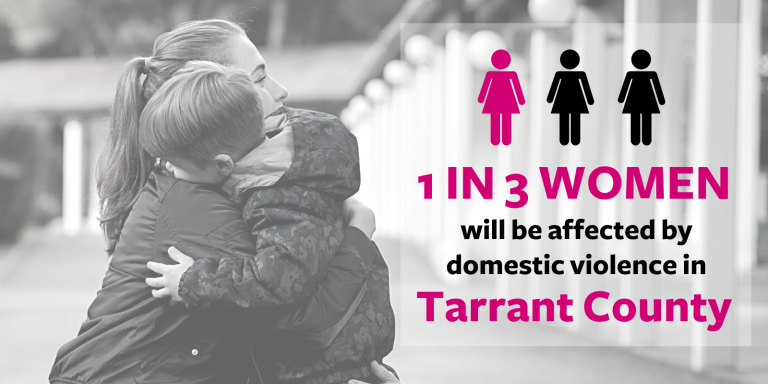
Families Together provides transitional housing for single mothers and their children who are experiencing homelessness due to intimate partner domestic violence crime victimization. The program offers a safe and stable living environment while they work to overcome the trauma that led to their homelessness and return to independent living. Families receive intensive case management and therapeutic services designed to help them heal from the trauma and victimization they’ve experienced, while gaining the skills they need to promote long-term self-sufficiency and obtain stable housing.

Even though Amanda and her husband were married for 18 years and started a successful business, she kept so busy she didn’t recognize the warning signs of domestic abuse. The day came, however, when life got a lot scarier, to the point that she was walking on eggshells with her 10-year-old son, trying not to make daddy mad.
After a year’s separation, Amanda’s husband started making visits. Getting him to leave and not stay so late was hard. After he started breaking in, she learned he was on amphetamines. One night, Amanda’s son walked in when her husband was hitting her in the face. When her son tried to help, his dad pushed him into the dresser, leaving him with a permanent scar.
After entering the Families Together program at ACH, it was her son who reassured Amanda that they were now safe. Over time, they once again became excited about their future and her son feels there’s nothing he can’t do.
As the COVID-19 pandemic persists, so do the challenges it brings. This year, it’s especially important to highlight intimate partner domestic violence as a growing issue in Dallas-Fort Worth. With more families feeling the stress of the pandemic, instances of abuse can arise or worsen.
Service Area: Tarrant County
Contact
817.335.HOPE (4673)
888.296.8099
[email protected]
© 2009 - 2022 ACH Child and Family Services
Not an emergency services phone number. Call 911 for medical emergencies.
In Texas: 1.800.252.5400
Nationwide: 1.800.4.A.CHILD
Lorem ipsum dolor sit amet, consectetur adipiscing elit. Ut elit tellus, luctus nec ullamcorper mattis, pulvinar dapibus leo.